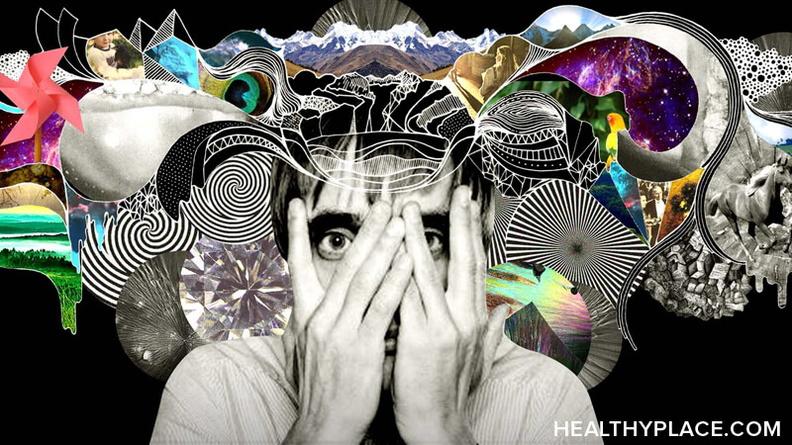Monitoring early warning signs of bipolar disorder relapse is crucial for individuals managing the condition. Recognizing subtle changes in mood, behavior, and other indicators can help prevent the escalation of symptoms. Here are common early warning signs that may precede a bipolar disorder relapse:
- Changes in Sleep Patterns:
- Insomnia or Hypersomnia: Noticeable changes in sleep patterns, such as difficulty falling asleep, waking up too early, or excessive sleep, can be early indicators of a mood shift.
- Shifts in Mood:
- Elevated or Irritable Mood: An increase in energy, talkativeness, or irritability may signal the onset of a manic or hypomanic episode.
- Persistent Low Mood: Prolonged feelings of sadness, hopelessness, or a lack of interest in previously enjoyed activities may indicate the onset of a depressive episode.
- Changes in Activity Level:
- Increased Energy and Activity: A sudden surge in energy levels, restlessness, or engaging in impulsive activities may be indicative of a manic or hypomanic episode.
- Decreased Energy and Activity: A significant decline in energy levels, fatigue, and a lack of motivation can be early signs of depression.
- Cognitive Changes:
- Racing Thoughts: Increased speed of thought, racing thoughts, or difficulty concentrating may be early signs of mania.
- Difficulty Concentrating or Decision-Making: Impaired cognitive function, including difficulty concentrating or making decisions, may indicate the onset of a depressive episode.
- Changes in Appetite and Weight:
- Changes in Eating Habits: Noticeable changes in appetite, whether an increase or decrease, and subsequent changes in weight may be early warning signs.
- Social Withdrawal:
- Isolation: Pulling away from social interactions, avoiding friends or family, or withdrawing from previously enjoyed activities can be a sign of a mood shift.
- Agitation or Psychomotor Changes:
- Restlessness: Physical restlessness, pacing, or an inability to sit still may be indicative of an impending mood episode.
- Changes in Self-Esteem:
- Grandiosity: Feeling excessively confident, having grandiose ideas, or an inflated sense of self-esteem may be associated with a manic or hypomanic episode.
- Low Self-Esteem: Feelings of worthlessness, guilt, or low self-esteem may be indicative of depression.
- Impulsivity and Risky Behavior:
- Impulsive Decision-Making: Engaging in impulsive behaviors, such as excessive spending, risky sexual behavior, or substance abuse, can be a sign of a manic or hypomanic episode.
- Changes in Functioning:
- Work or School Performance: A decline in performance at work or school, difficulty meeting deadlines, or increased absenteeism may signal the onset of a mood episode.
- Daily Functioning: Struggling with daily activities, self-care, or household responsibilities may indicate changes in mental health.
- Physical Symptoms:
- Physical Ailments: Unexplained physical symptoms, such as headaches, digestive issues, or unexplained aches and pains, may be associated with changes in mood.
- Interpersonal Issues:
- Relationship Strain: Increased conflicts with friends, family, or colleagues may be a reflection of mood changes.
- Difficulty in Relationships: Challenges in maintaining healthy relationships or difficulty in forming new connections may be a sign of a mood shift.
Monitoring early warning signs requires self-awareness and a proactive approach to mental health. Keeping a mood journal, regularly checking in with a mental health professional, and involving trusted friends or family members in the monitoring process can be beneficial. It’s essential for individuals with bipolar disorder to collaborate with their healthcare team to develop a personalized relapse prevention plan that includes specific strategies for managing early warning signs and accessing timely intervention when needed.

